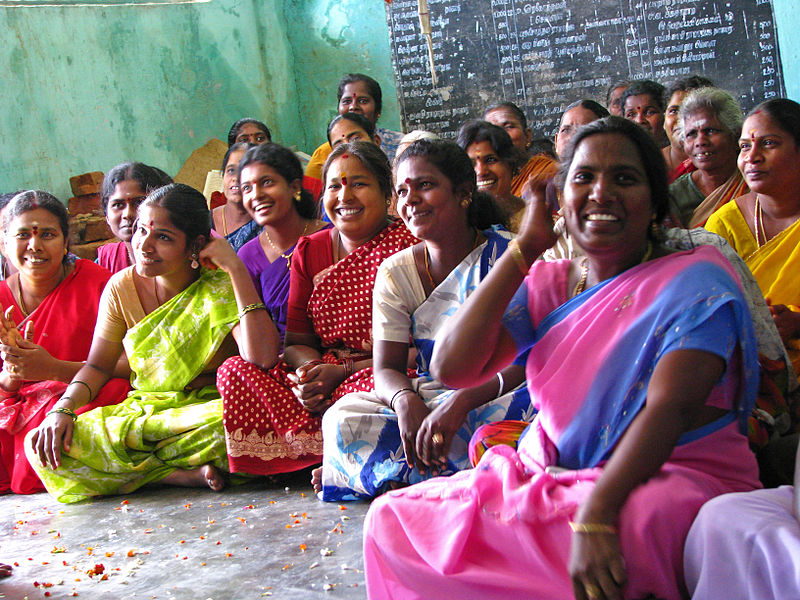Global suicide rates have gone way down, especially for young women. Improvements in women’s rights may be one of the reasons why.
What it means: As a proportion of the population, more people killed themselves in 1994 than any year in recorded history. But since then, the suicide rate has fallen by well over a third. That translates into four million lives saved - equivalent to the populations of Birmingham, Leeds, Sheffield, Manchester, Liverpool and Bristol put together.
That is a figure that should be celebrated by everyone who thinks human happiness is a good measure of economic success (and heck, by everyone who thinks economic growth is a measure of economic success, because that’s four million more lots of talent, skills and ideas than we’d otherwise have).
Some of the biggest gains have been among young Asian women, particularly in India and China. Suicide rates for young Chinese women has dropped by nine-tenths, and fallen faster for young Indian women than any other social group. Indian and Chinese academics both think the reason is greater rights and freedom for women in their countries.
In China, more women are staying unmarried or getting divorced. Research into the motives of Chinese women who try to kill themselves found that two-thirds were in an unhappy marriage and two-fifths were the victim of domestic violence. And in India, anti-rape laws brought in in 2013 have encouraged more women to report their attacker to the police.
But since 2000, neither China nor India have made significant gains on the UN’s Gender Inequality Index, which ranks countries by things like how many of its women are working, being educated, in parliament or dying of childbirth. Both countries moved up just five places; to 86th (out of 189) for China and 130th for India. (The USA and UK are 13th and 14th). And India is still the most dangerous country in the world to be a woman.
So some people think that women’s falling suicide rates in these places may not just be due to more feminism, but also down to more restricted access to pesticides, poisons and other deadly substances, either because of new safety laws or because as people move from the countryside to the city this stuff becomes harder to find. Most suicide attempts are impulsive (survivors often say they thought about it for under ten minutes before acting) and women are much more likely than men to try to kill themselves by ingesting something.
Read our explainer on gender equality.

